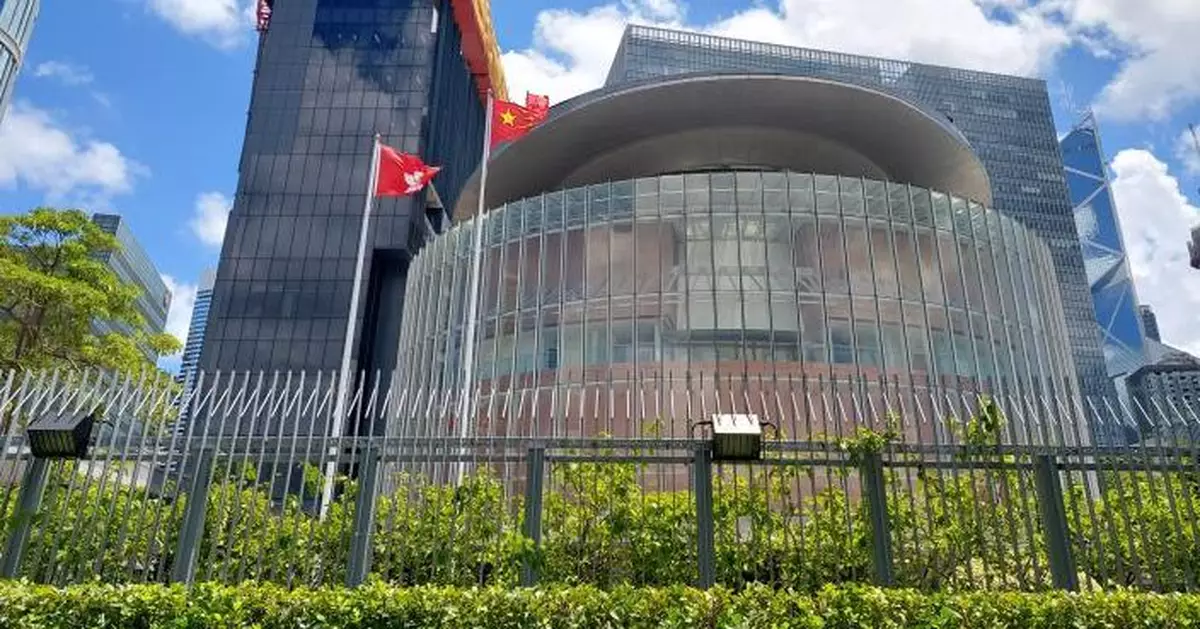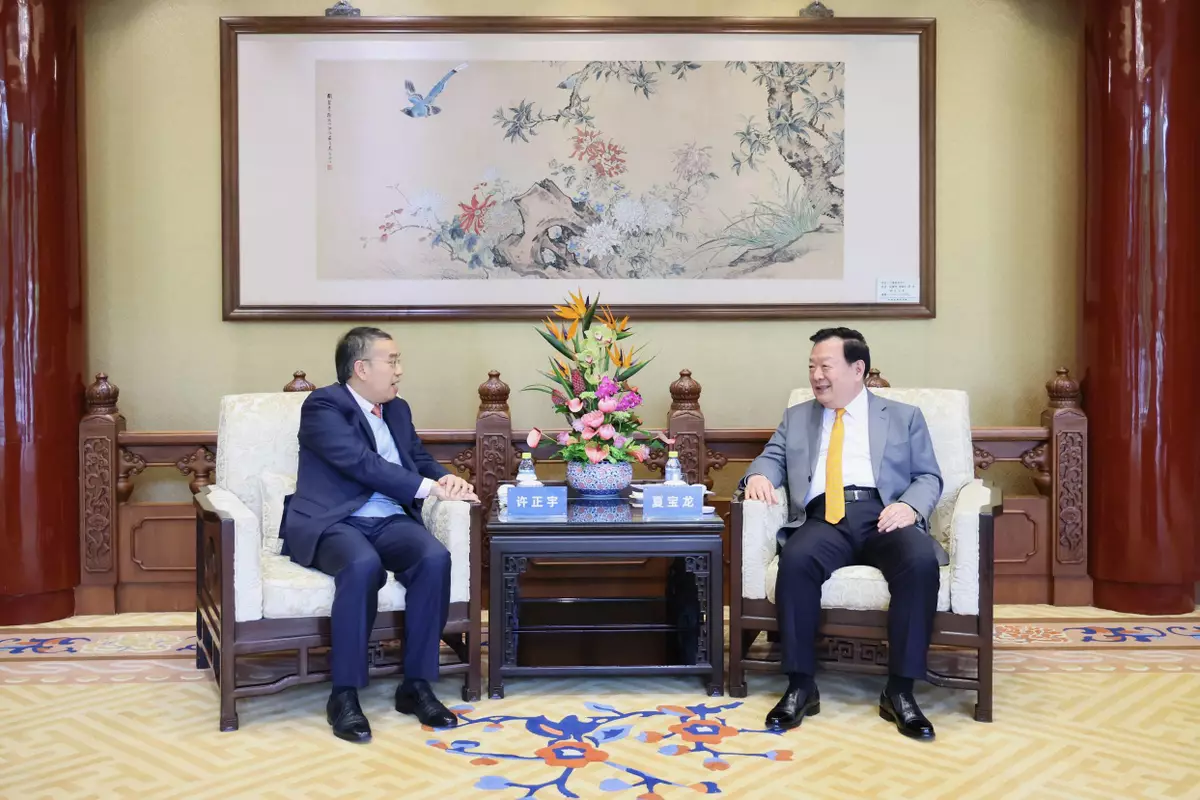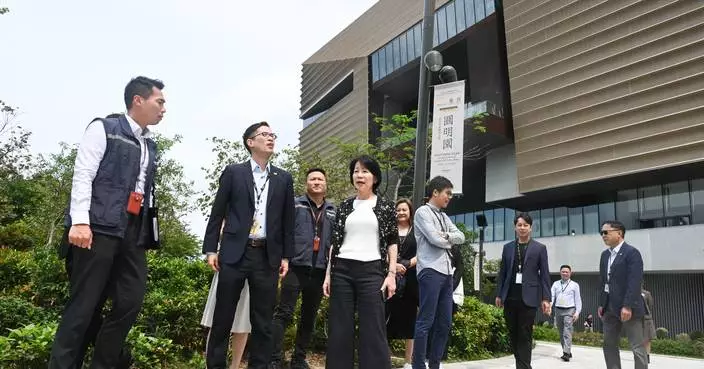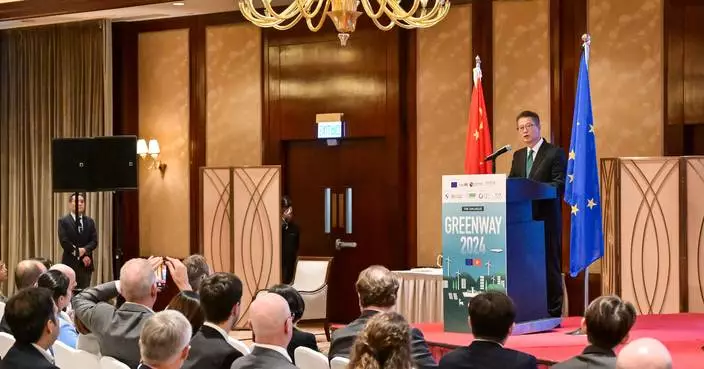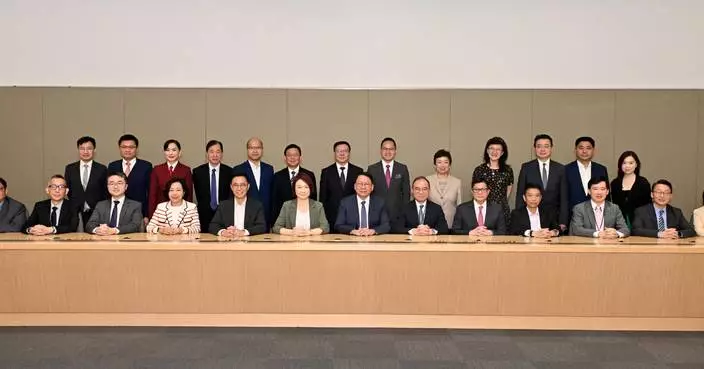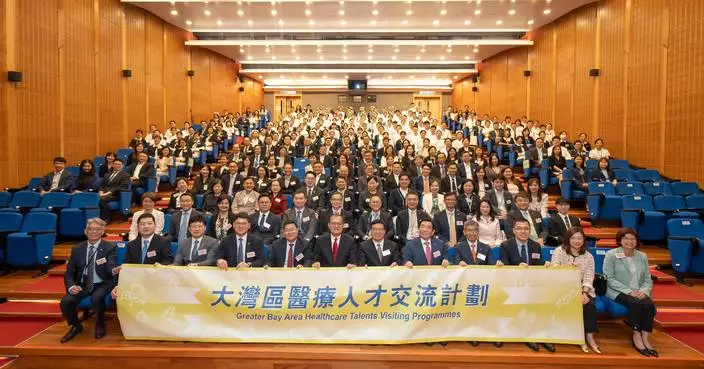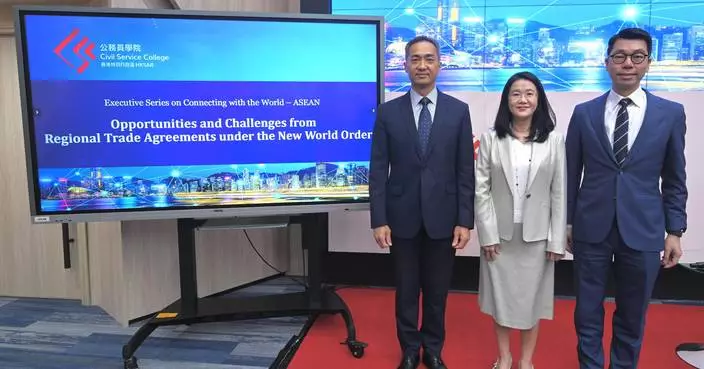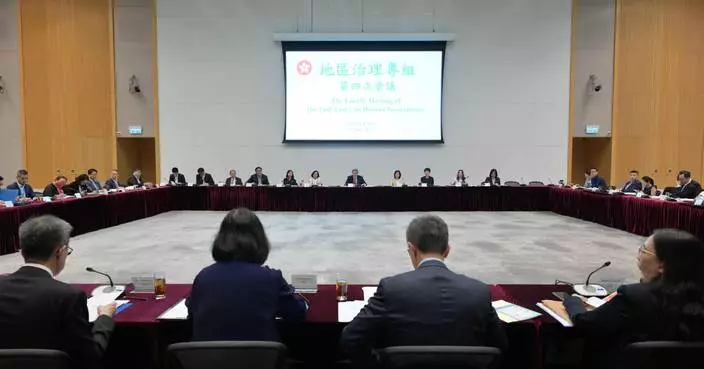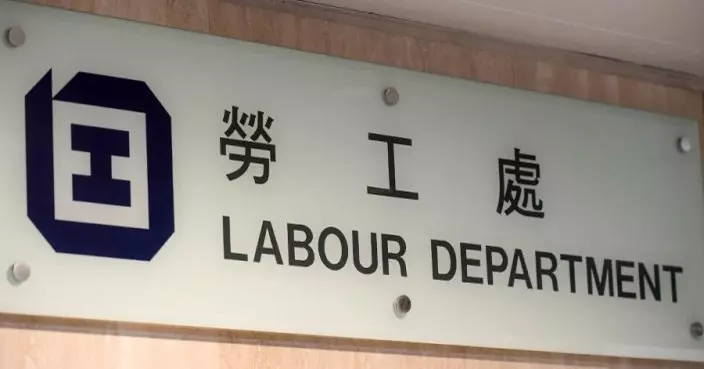Insights on public finance: sfst's opening remarks at legco finance committee special meeting
Following is the English translation of the opening remarks by the Secretary for Financial Services and the Treasury, Mr Christopher Hui, on public finance at the special meeting of the Legislative Council (LegCo) Finance Committee today (April 16):
Chairman and Honourable Members,
This session of the special meetings of the Finance Committee will examine the expenditure estimates of the Treasury Branch and related departments. I would like to brief Members on the following few points.
Estimates of expenditure
The estimated total expenditure of the Treasury Branch and the departments under its purview for 2024-25 is about $11.057 billion, a decrease of about 76 per cent over the original estimate of $45.77 billion for last year. This is mainly attributed to a decrease of $35.01 billion in the estimated non-recurrent expenditure under Head 147 Treasury Branch over the estimate for last year, which covered the non-recurrent expenditure on the 2023 Consumption Voucher Scheme. Discounting the non-recurrent expenditure, the estimated total recurrent expenditure of the Treasury Branch and the departments under its purview this year is $9.813 billion, an increase of about 3 per cent over the original estimate for last year.
Key areas of work
I would like to speak briefly on a few key areas of work in the coming year.
(I) On public finances, we will continue to uphold the principle of keeping the expenditure within the limits of revenues as enshrined in Article 107 of the Basic Law, and strive to achieve fiscal balance and avoid deficits, thereby ensuring the resilience and sustainability of our public finances. We are taking steps to implement a comprehensive fiscal consolidation programme, which focuses mainly on expenditure cut while including some revenue measures in a pragmatic manner. The target is to restore fiscal balance in a few years' time.
(II) As for government expenditure, in order to contain the growth of our operating expenditure, we will continue to maintain zero growth in the civil service establishment. Apart from this, we will implement the Productivity Enhancement Programme as announced earlier, under which recurrent government expenditure will be cut by 1 per cent in both 2024-25 and 2025-26. The resources thus saved will be reallocated internally. To further contain the pace of expenditure growth, recurrent government expenditure will be cut by another 1 per cent in 2026-27, on the premise that such schemes as the Comprehensive Social Security Assistance Scheme and the Social Security Allowance Scheme will not be affected. Relevant bureaux and departments (B/Ds) have also reviewed the capital works projects under planning. Works projects which are at a comparatively mature stage of planning will continue to be taken forward as planned. As for some works projects that are currently at the preliminary planning or conceptual stage, the B/Ds concerned will consider the implementation schedule with regard to factors including their priority, urgency and importance.
(III) The Government also plans to use bonds as one of the financing options for capital works projects. To invest in our future, we plan to issue bonds of about $95 billion to $135 billion per annum from 2024-25 to 2028-29 to raise funds for such initiatives as driving the development of the Northern Metropolis and other infrastructure projects. Proceeds from bond issuance will be used for financing infrastructure and capital works projects, but not for meeting government recurrent expenditure. It is expected that the ratio of government debt to Gross Domestic Product will be in the range of about 9 per cent to 13 per cent, which is much lower than most of the other advanced economies.
(IV) We would also increase revenue in appropriate areas to complement our measures to cut expenditure with a view to restoring fiscal balance. When considering measures for increasing revenue, the Government needs to take into account Hong Kong's actual situation and avoid taking any actions that may affect our economic recovery while at the same time maintaining our simple and low tax regime. Having considered these factors, the 2024-25 Budget has, on the basis of the "affordable users pay" principle, proposed to implement a two-tiered standard rates regime for salaries tax and tax under personal assessment for taxpayers whose net income exceeding $5 million, increase business registration fees, resume the collection of the Hotel Accommodation Tax, implement the progressive rating system for domestic properties announced in the 2022-23 Budget, etc.
According to the Medium Range Forecast, upon full implementation of the fiscal consolidation programme, the Consolidated Account (after taking account of the net proceeds from the issuance of bonds) will record a surplus starting from 2025-26, while the Operating Account will return to a surplus from 2026-27 onwards. Fiscal reserves will be maintained at a level which is equivalent to approximately 11 to 12 months of government expenditure.
Lastly, on international tax co-operation, we will continue to take forward the implementation of the global minimum tax under the BEPS 2.0 package promulgated by the Organisation for Economic Co-operation and Development and introduce the Hong Kong minimum top-up tax. These proposals will be implemented starting from 2025. We are now carefully studying and considering the views of stakeholders gathered during the consultation period. It is expected that the legislative proposal will be introduced into the LegCo in the second half of this year.
Chairman, my colleagues and I will be happy to answer any questions from Members.
Thank you.


